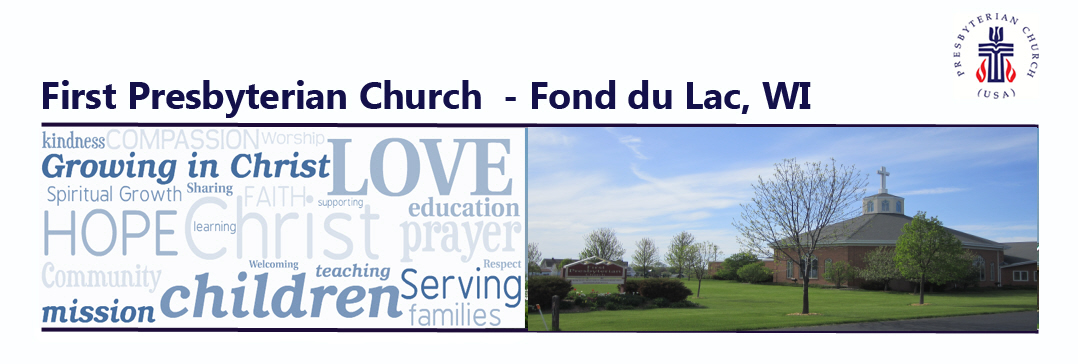If we didn’t get it in the first time around, why go back? What did we miss? Well there are a couple things that may be helpful: Who this God person is; Who we actually are (in the scheme of the universe); and what God expects of us. The problem we encounter is that young people we have questions about death, and about love, and about the future (especially our future and what might be planned from the previous two topics). But one of the bigger tasks that a teenager must complete is to figure out how he/she is different from her/his parents. And since they (the parents) are the ones who chose the church (and decided that he/she should go to confirmation) a lot of the energy is spent in questioning and denying rather than exploring and seeking. This isn’t a bad thing. But then years later we are trying to figure out how to explain to a five year old why the goldfish quit swimming and is now floating upside down; and particularly the answer to the question if the fish is in the same heaven as humans or if there is a separate “goldfish heaven” (and if not then what do they do about the cats)? Or on a more serious note when a friend has suffered a terrible loss and asks, “Did I do something to deserve this?” In those cases we can use a refresher course on some of what confirmation was intended to cover.
For one thing, we run into the question of “authority.” Wrapped up in authority is the question of whether there is just one Will of God which we dare not stray from; or if God is just watching over as we work things out ourselves (or maybe another possibility involving the Holy Spirit working within us). For another there are some who say that we need to have had a “born again” experience; but some haven’t had a particular experience and others have had several. Then there are the questions about what we believe about people who follow different religions (or none at all) and what God thinks about those folks.
A great deal of what we need to learn is not doctrine but about relationships. Why do we need be a part of church? Why do we need to be around other Christians and what type of influence should they have on our faith and beliefs? The doctrine part of these relationships comes from being intentional about clarifying these relationships and roles. What we want to learn is what we need to know in order to be closer to God and in healthier relationships with each other.
So we’ll return to “confirmation” for a few weeks. The series began with the nature of God and the doctrine of the Trinity. September 15 we will look at what is Sin “Radical Depravity: Not as much fun as it sounds.” And September 22, the focus will be upon the Bible “The Word of God.” We will look at our understanding of the authority of scripture. September 29 we will be looking at the church, particularly what our relationships with Christians are intended to accomplish. Later topics include: The Sacraments; salvation, and the confessions.
So it’s an opportunity to learn some things again, for the first time. Most of all we have opportunities to think, talk, and reflect on what it means to be in relationship with God and with one another.
Peace,
Pastor Jack
